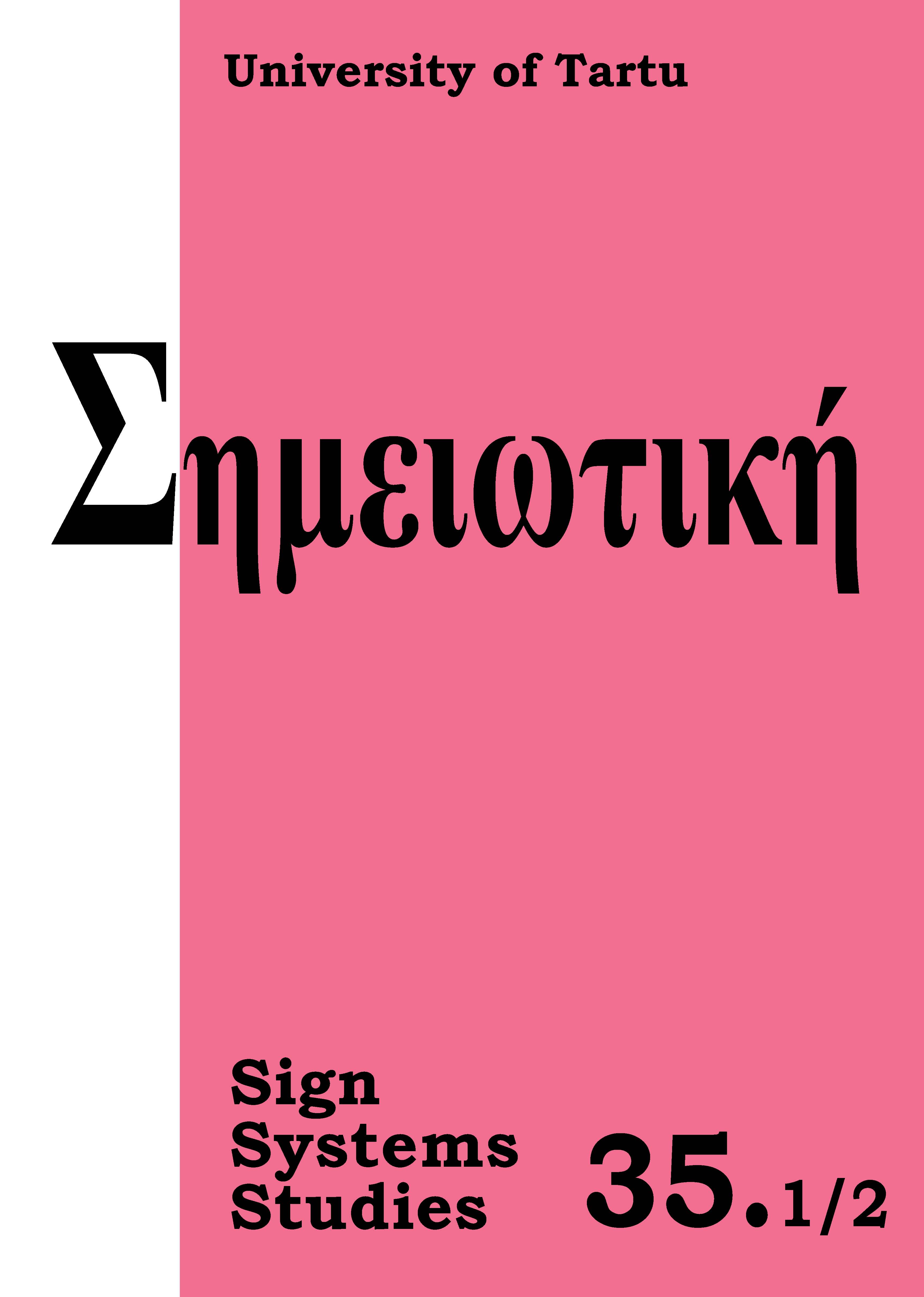Time, change, and sociocultural communication: A chronemic perspective
DOI:
https://doi.org/10.12697/SSS.2007.35.1-2.03Abstract
The temporal orientations of any sociocultural grouping are major factors comprising its central identity. The manner in which the past (memories), the present (perception), and the future (anticipation/expectation) are commonly articulated also concern cultural identity. The identity of a cultural group is altered by developmental changes in time keeping and related objective, scientific temporalities.
Three modes of temporality, objective, narrative, and transcendental, congruent with different kinds of brain processes, are common throughout our planet. Objective temporality tends to alter and replace traditional narrative and transcendental (spiritual) time, timing, and tempos. Objective temporality is concerned with what is transitory, modern and “progressive”. Objective time is not a traditional form of cultural time; it is a derived Westernized scientific imposition, rather than any cultural formation. This essay develops a new conception of how semiosis occurs. All information is essentially rhythmic, transduced through sensory systems as signals in a space-time domain, but deposited for use into a spectral thermodynamic domain in the human cortex.
A “chronemic” perspective, (temporality as it is based in semiotic processes related to human communication) is assumed throughout. Such a perspective appears to be somewhat novel in both communication and semiotic studies.


